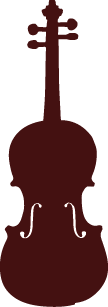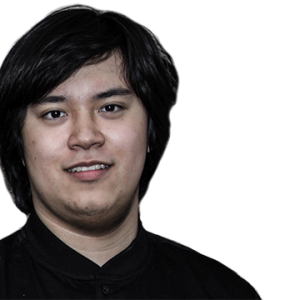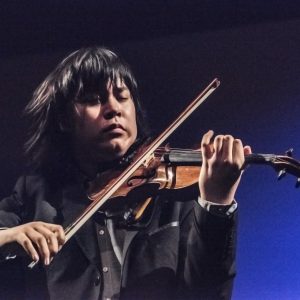Elias Moncado

Elias in the Interview

Why and since when do you play the violin?
Since I’m 4 years old. The violin fascinated me the most because it comes so close to the human voice. You can discover so many nuances with her and she is a very shapeable instrument.
What fascinates you most about music and why?
For me, music is a global language that everyone understands. You can express all your feelings, emotions and states of mind perfectly through the music. With music you can move many people, music is always very enriching for yourself and for the listener.
Which composer excites you the most and why?
Beethoven and Brahms. Beethoven’s and Brahms’ music are simply ingenious, Beethoven is already looking ahead to Romanticism. In Beethoven and Brahms, the musical expression comes first through sound, which lets the music sing.
What are your future plans?
I just want to continue enjoying music and will keep all options open.
How did you start at the Quartetto Paganino?
I got a request from Mr. Wyneken to take over the 1st violin of the quartet.
Why do you think the quartet is one of the most sophisticated music formations?
The quartet is a very complex formation, it lives on the unity in the sound, the repertoire requires the highest performance on the instrument because of its versatility.
How do you all master this challenge together?
We find the time to rehearse and musically agree and experiment.
Which piece from your previously learned repertoire do you like best, and why?
Mendelssohn Quartet, reflecting Mendelssohn’s yearning, pain, and heartfelt emotions.
How do you imagine the future of QP?
We will walk together on our musical path and adapt to new challenges.


